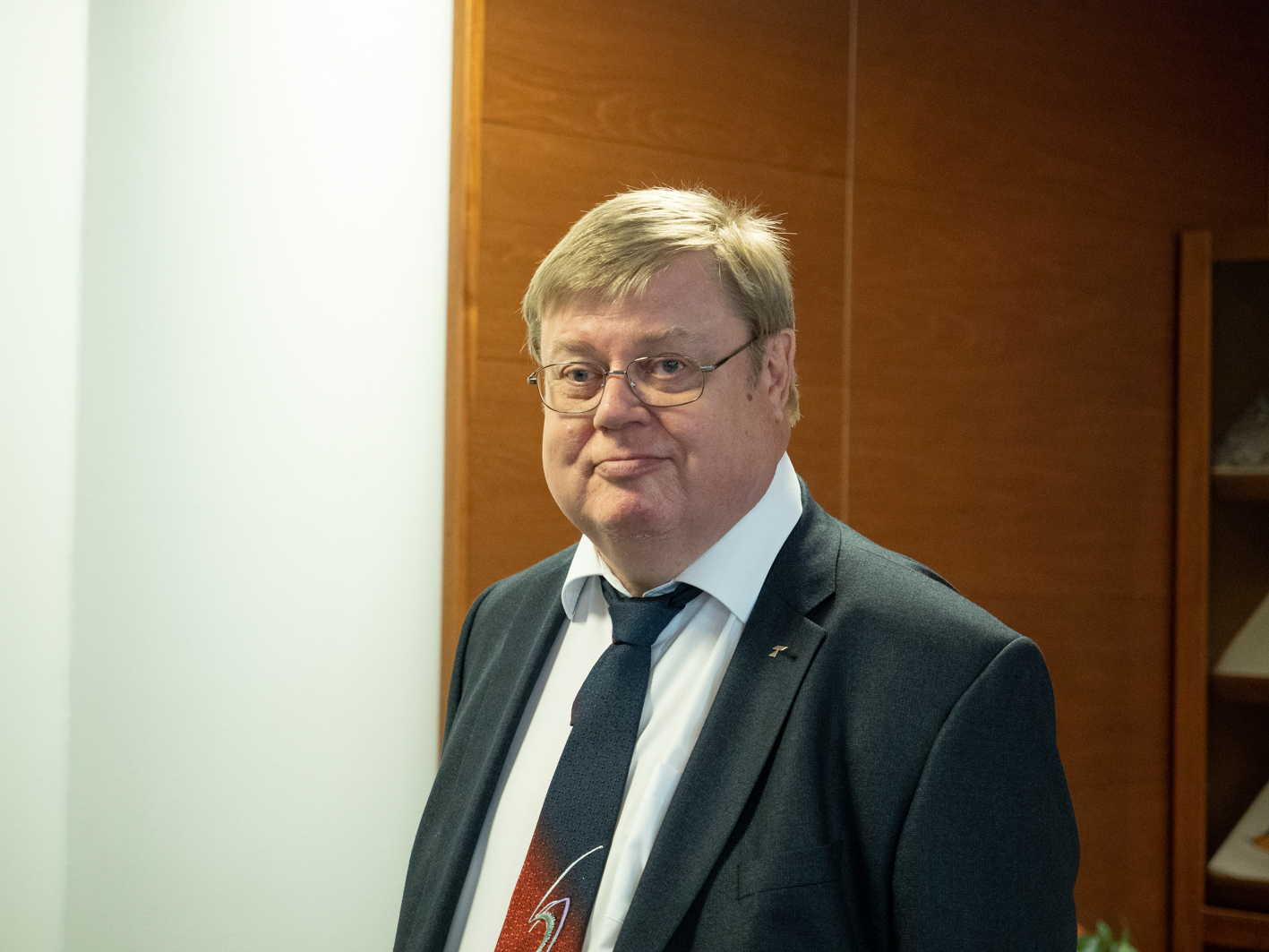
The Trade Union Movement Is Needed Now More Than Ever
BlogBetween 2007 and 2010, when I was leading FinUnions, Social Europe and its defense were central themes in the EU. First and foremost, the Working Time Directive deserves to be mentioned. During lobbying efforts regarding its content, we maintained extensive contacts not only with the left but also with the moderate right, the parties in the centre, and the Greens. This broad-based approach paid off. The Parliament ultimately voted for a directive that pleased the trade union movement. Unfortunately, the directive stalled in the Council during the Czech Presidency, which was a major disappointment.
Another important issue was the revision of the Directive on European Works Councils, which was achieved in 2009. However, the reform remained incomplete because the new directive did not require older, previously established Works Councils to align their operations to the updated directive. At the time of writing, negotiations on the revision of the directive have just been concluded, and the final text is still awaiting formal approval from the Parliament and the Council.
There was also progress in securing the right to strike. In December 2007, a court ruling confirmed that the right to strike is part of the EU’s fundamental rights. After this, the court issued similar rulings in three other cases. FinUnions also took part in the advocacy and communication efforts surrounding the Viking Line vs. Seamen’s Union case, which was pending in court. The case involved an attempt to undermine working conditions through re-flagging.
Broad-Based Advocacy
I worked in Brussels as the Director of FinUnions from April 2007 to March 2010. For most of that time, Jorma Rusanen from the Central Organisation of Finnish Trade Unions SAK also served as a leader. We had excellent cooperation and a strong dynamic which allowed us to push forward in advocacy work with full force. We maintained and developed broad-ranging contacts with key political groups and administrative staff.
For the trade union movement to achieve positive results, it was essential to focus advocacy efforts on centre-right, centre-left, and centre party representatives. Had we limited ourselves, for example, only to left-wing groups, we could not have been sure of the outcome. In the current European Parliament, broad-based advocacy is even more crucial, as the balance of power has shifted in favor of the right-wing groups. For wage earners, the result matters most—not the artistic impression. That’s why I encourage open-minded cooperation initiatives, excluding only the political extremes.
Extremist Movements Are a Threat to Democracy
Even during my time in Brussels, the rise of populism was becoming evident. These political groups used Euroscepticism as their main rallying cry. Combined with xenophobia—hostility toward foreigners—this has brought significant success to Europe’s far-right and extreme-right parties. They have risen to power in countries like Slovakia, Hungary, and Italy. Poll numbers are also strong in Germany and France. In Poland’s presidential elections, the far-right candidate gained significant support this time with support from Trump-style conservatives. The rise of the far right in Europe, combined with the entrenched power of the far right in Russia, casts a chilling shadow over the future of our continent.
The Trade Union Movement as a Bridge-Builder in Uncertain Times
Politically and economically uncertain times increase the chances of extremist movements succeeding. The nationalist surge is a major threat to the very existence of the EU. To counter this trend, we need the trade union movement—more than ever. We need the trade union movement to act as a bridge-builder for cooperation among moderate forces. We are also needed to promote the fundamental elements of a dignified life and a secure future. In doing so, we can diminish the breeding ground for populism and extremism and strengthen the stability of our society based on Western values.
The trade union movement needs broad shoulders now. Internal disputes and turf wars between organizations must be put aside! This is important both at the European and national levels. Regarding Finland, I would paraphrase the Roman senator Marcus Porcius Cato: “Moreover, I consider that the departure of Akava, the Confederation of Unions for Professional and Managerial Staff in Finland, from FinUnions was a great mistake.” Broader shoulders are needed, and for that reason, Akava should reconsider its decision, especially now, with new leadership in the central organization.
Best of luck to FinUnions now and in the future!
Lue blogi suomeksi täältä.

